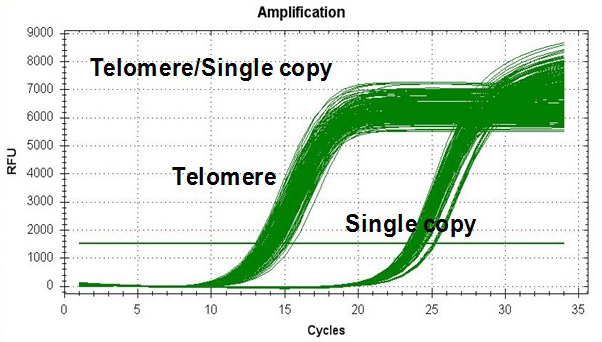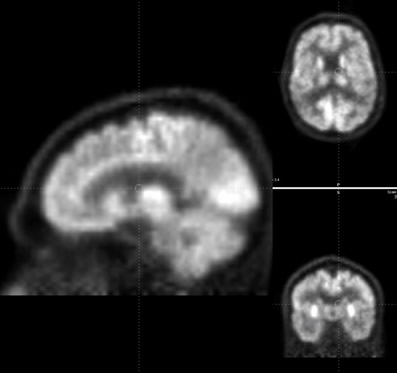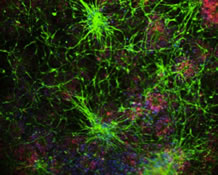Columbia University
Irving Medical Center
Neurological Institute
710 West 168th Street, 3rd floor
(212) 305-1818
Featured Research
CLINICAL RESEARCH:
Lawrence S. Honig, MD, PhD, FAAN
 Lawrence S. Honig, MD, PhD, FAAN
Lawrence S. Honig, MD, PhD, FAANDr. Lawrence Honig conducts translational research directed towards increased understanding of aging and age-related disorders. These include Alzheimer's disease and related dementias, such as Lewy Body Disease, frontotemporal dementias, hydrocephalus, and rapidly progressive dementias, including Creutzfeldt-Jakob disease and the immune-mediated meningoencephalitidies.
As Director of the Clinical Core of the Alzheimer's Disease Research Center (ADRC) in the Taub Institute for Research on Alzheimer's Disease and the Aging Brain, he has coordinated the diagnosis and evaluation of thousands of participants including normal volunteers, persons with mild impairment, and persons afflicted with Alzheimer's disease (AD) or other dementia. The ADRC's goals include autopsy evaluation of all participants at time of death, to provide brain tissue for research evaluations by investigators at Columbia and nationwide. The ADRC patient population is also at the core of Dr. Honig's clinical work to develop biomarkers for AD, and to create disease-modifying medications.

Biomarkers of aging: PCR amplification of telomere and single copy sequences.
A lack of reliable biomarkers makes the study and diagnosis of aging and age-related diseases such as AD and Lewy body dementia (LBD) difficult. Dr Honig is investigating a range of biomarkers in cerebrospinal fluid and blood, as well as in brain tissue. These include the proteins beta-amyloid, tau proteins, and alpha-synuclein. Dr. Honig's focus on aging itself includes understanding the role of telomeres (repetitive DNA elements at the cell chromosomal ends). Telomere length shortening is associated with biological aging. Tracking individuals over time allows for a study of how telomere length correlates with age and disease, as well as what may regulate it.

Biomarkers of disease: FDG-PET scan of patient with Alzheimer's disease in three axes.
Dr. Honig also makes use of imaging techniques such as magnetic resonance imaging (MRI) techniques, including investigation of new techniques such as magnetic resonance spectroscopy, and positron emission tomography (PET) including metabolic (fluorodeoxyglucose) and amyloid imaging with florbetapir and florbetaben.
While biomarker development is key to tracking progress of aging and degenerative diseases, much of Dr. Honig's research is also devoted to developing new therapies that might modify the disease process in neurodegenerative disease. Current treatments for AD and LBD are symptomatic and do not, ultimately, affect disease course. However, Dr. Honig conducts a large research program enrolling patients in clinical drug trials of oral or injectable agents that might intervene in neurodegeneration. These trials include inhibitors of beta amyloid protein production (via gamma or beta secretase inhibitors), inhibitors of beta amyloid or tau aggregation, and antibodies that may promote clearance of tau or beta amyloid in the brain. The hope is that one or more of these approaches may result in slowing neurodegenerative diseases, such as Alzheimer's disease.

